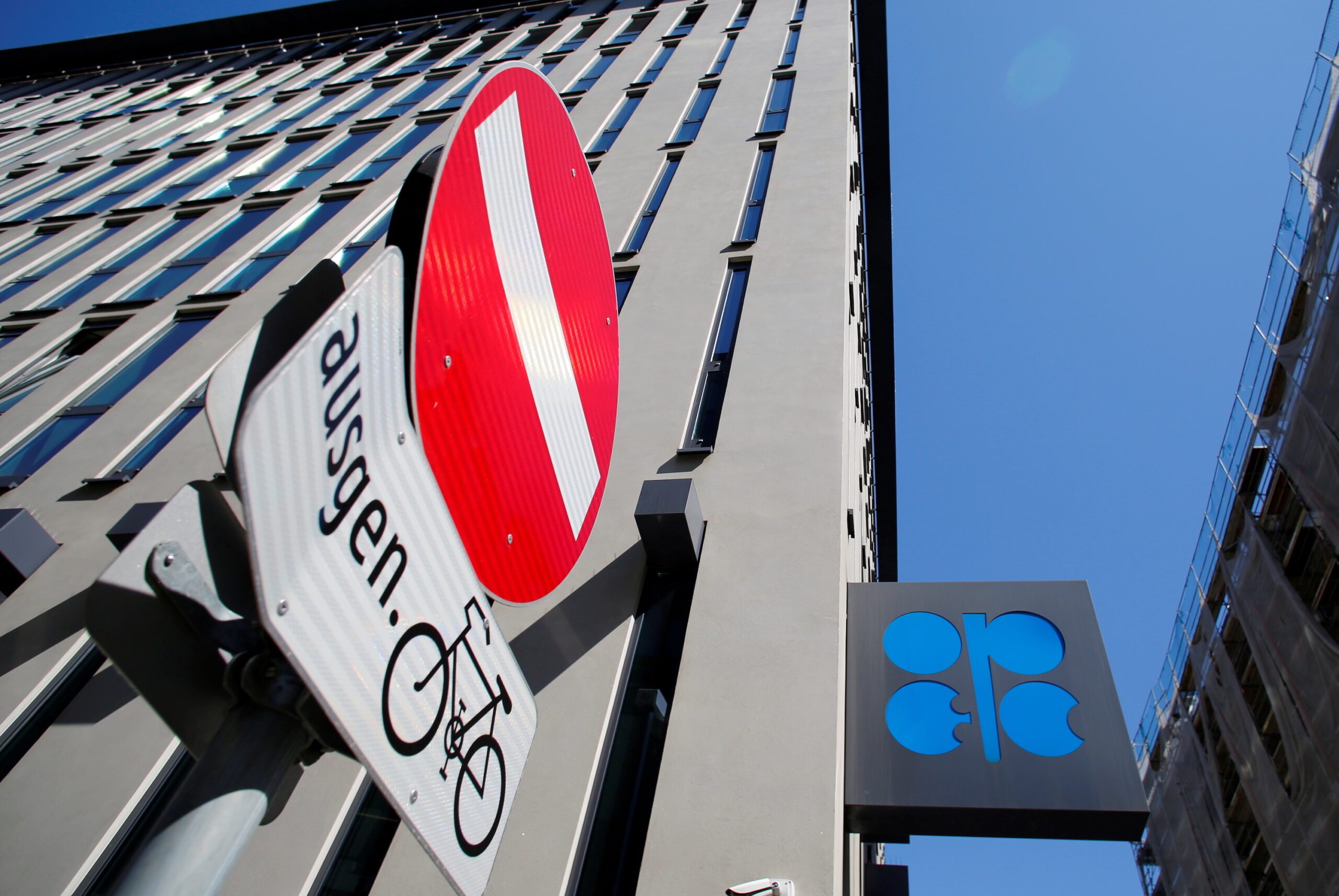SUMMARY
This is AI generated summarization, which may have errors. For context, always refer to the full article.

The Organization of the Petroleum Exporting Countries (OPEC) and its allies will decide on Thursday, December 2, whether to release more oil into the market or restrain supply amid big gyrations in crude prices, a US release from oil reserves, and fears about the new coronavirus Omicron variant.
Oil prices tumbled to near $70 a barrel on Tuesday, November 30, down from three-year highs above $86 in October. Prices posted their biggest monthly decline in November since the start of the pandemic, as the new variant raised fears of a glut.
Benchmark Brent was trading around $72 on Wednesday, December 1.
OPEC and its allies have been at odds with the United States, which has asked the group to raise output to help the global economy. Producers said they didn’t want to hamper a fragile energy industry recovery with a new glut.
“In these uncertain times, it is imperative that we – together with the non-OPEC countries… – remain prudent in our approach and prepared to be proactive as market conditions warrant,” Diamantino Pedro Azevedo, Angola’s energy minister and rotating OPEC president, said in an opening address to OPEC.
Wednesday’s meeting of ministers from OPEC ended without any recommendation on output policy, three OPEC sources said.
On Thursday, the OPEC+ alliance, which includes Russia and other producers, will likely take a policy decision.
Russia and Saudi Arabia, the biggest OPEC+ producers, said ahead of this week’s meetings that there was no need for a knee-jerk reaction to amend policy. Iraq said OPEC+ was expected to extend existing output policy in the short term.
Muted impact
Since August, the group has been adding an additional 400,000 barrels per day (bpd) of output to global supply, as it gradually winds down record cuts agreed in 2020, when demand cratered because of the pandemic.
“Generally, the impact of Omicron seems to be jet fuel-related for now, particularly in Africa and Europe,” OPEC+ said in a report before the meeting.
Many countries have barred travelers from southern Africa and some European states have imposed new coronavirus restrictions.
“Transportation fuel demand within Europe might be also affected,” the report said, adding more data on the severity of Omicron shall be available in two weeks.
Goldman Sachs said the oil price slide had been excessive, with the market now pricing in a 7-million-bpd hit to demand. Rystad Energy said another wave of lockdowns could result in a 3-million-bpd demand loss in the first quarter.
Even before concerns about Omicron emerged, OPEC+ had been weighing the effects of last week’s announcement by the United States and other major consumers to release emergency crude reserves to temper energy prices.
OPEC+ forecast a 3-million-bpd surplus in the first quarter of 2022 after the release of reserves, up from 2.3 million bpd previously.
But the report said the impact from the release would be muted as some countries made it voluntary and the duration was uncertain.
The Biden administration could adjust the timing of the release if prices drop substantially, US Deputy Energy Secretary David Turk told Reuters on Wednesday.
OPEC+ has been gradually scaling back last year’s record output cuts of 10 million bpd, equivalent to about 10% of global supply. About 3.8 million bpd of cuts are still in place.
But OPEC’s November oil output has again undershot the level planned, as some OPEC producers have struggled to hike output. – Rappler.com
Add a comment
How does this make you feel?


![[Time Trowel] Evolution and the sneakiness of COVID](https://www.rappler.com/tachyon/2024/02/tl-evolution-covid.jpg?resize=257%2C257&crop=455px%2C0px%2C1080px%2C1080px)







There are no comments yet. Add your comment to start the conversation.